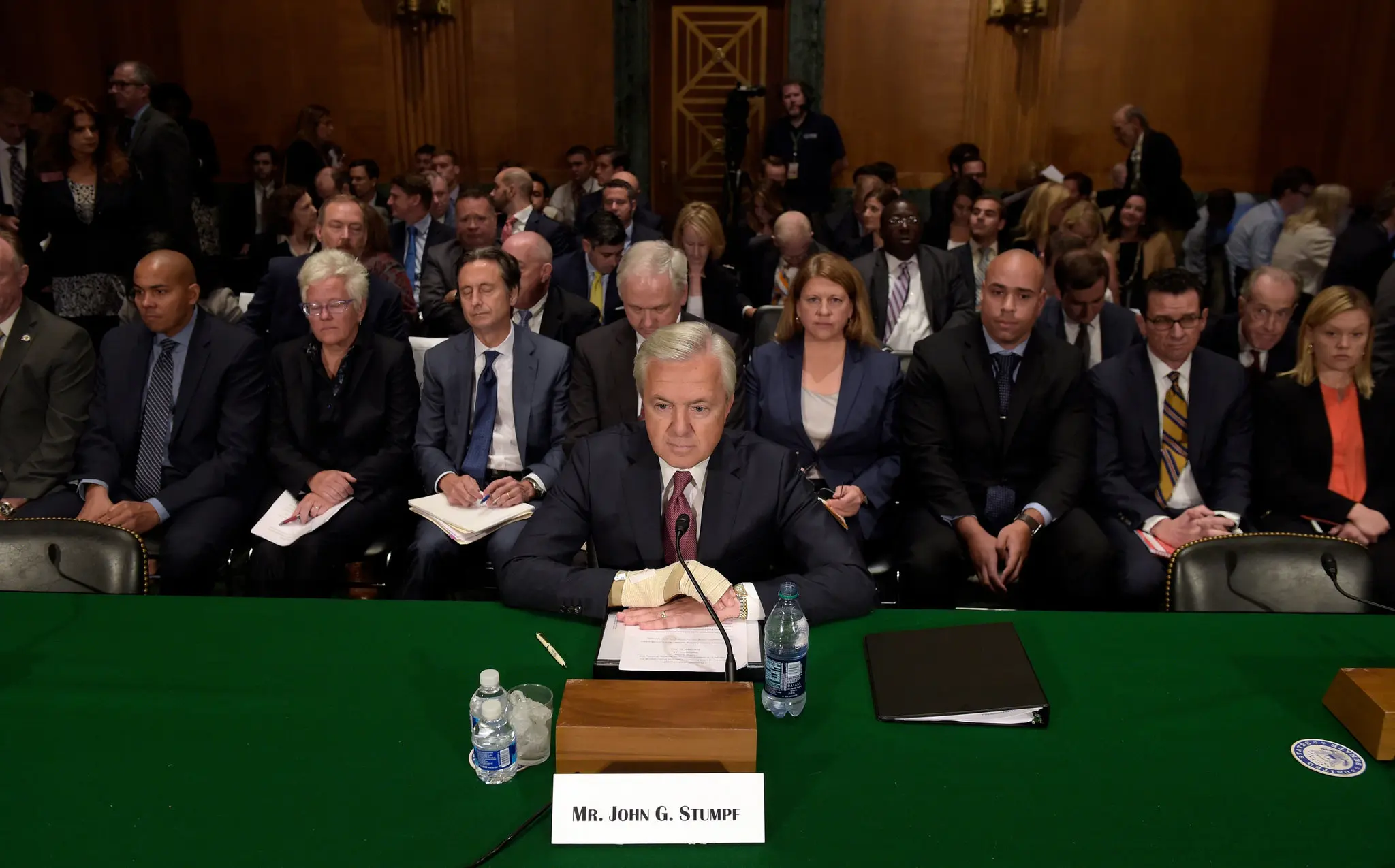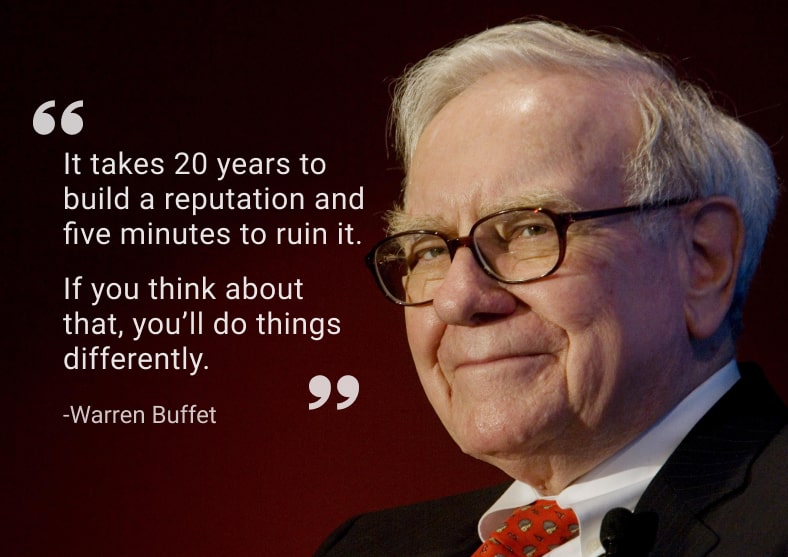Recent updates 🗞️
📈 Janet Yellen expects no U.S recession
🐭 Bob Iger is selling a third of Disney’s business
🎥 “Barbenheimer” opening week could top $200 million
🎓 Learning Finance and Ethics!
The Dilemma
One of my favorite movies from childhood is “It’s a Wonderful Life”.
The ethical dilemma in the movie is the conflict between the two banks in Bedford Falls: the Bailey Building and Loan, which is run by George Bailey, and the First National Bank, which is run by Henry Potter.
The Bailey Building and Loan is a community bank that focuses on helping people achieve their financial goals. It offers loans to people who need them, even if they don’t have a lot of collateral. The First National Bank, on the other hand, is more profit-oriented. It only lends money to people who can afford to pay high interest rates.
The ethical dilemma arises when George Bailey is offered a job at the First National Bank. Mr. Potter offers George a lot of money and a promotion, but George knows that Mr. Potter’s bank is not interested in helping people. If George takes the job, he would be helping Mr. Potter to make more money, but he would also be contributing to the bank’s unethical lending practices.
In the end, George chooses to stay at the Bailey Building and Loan. He knows that it is the right thing to do, even though it means giving up a lot of money and opportunities.
Business Ethics
While that was a decision in a smaller scale, the same predicament is faced in numerous situations in business. More profits, more revenue, more marketshare vs. doing the ethically right thing and improving your business image in the long term.
Even the stock markets have ESG scores to reflect the environment, social and governance aspects of businesses when investors are considering which is a better investment that fits their portfolio.

Wells Fargo’s chief executive, John Stumpf, facing the Senate Banking Committee in September 2016. Credit...Susan Walsh/Associated Press
A classic example is the 2015 case of Wells Fargo, where employees opened bogus accounts to meet aggressive sales targets. The report noted that the leaders of its community bank division “distorted the sales model and performance management system, fostering an atmosphere that prompted low quality sales and improper and unethical behavior.”
Yet when the Los Angeles city attorney sued Wells Fargo in 2015 over the accounts, its chief executive, John Stumpf, wrote in an email, “Did some do things wrong — you bet and that is called life. This is not systemic.”

Cheers 🥂